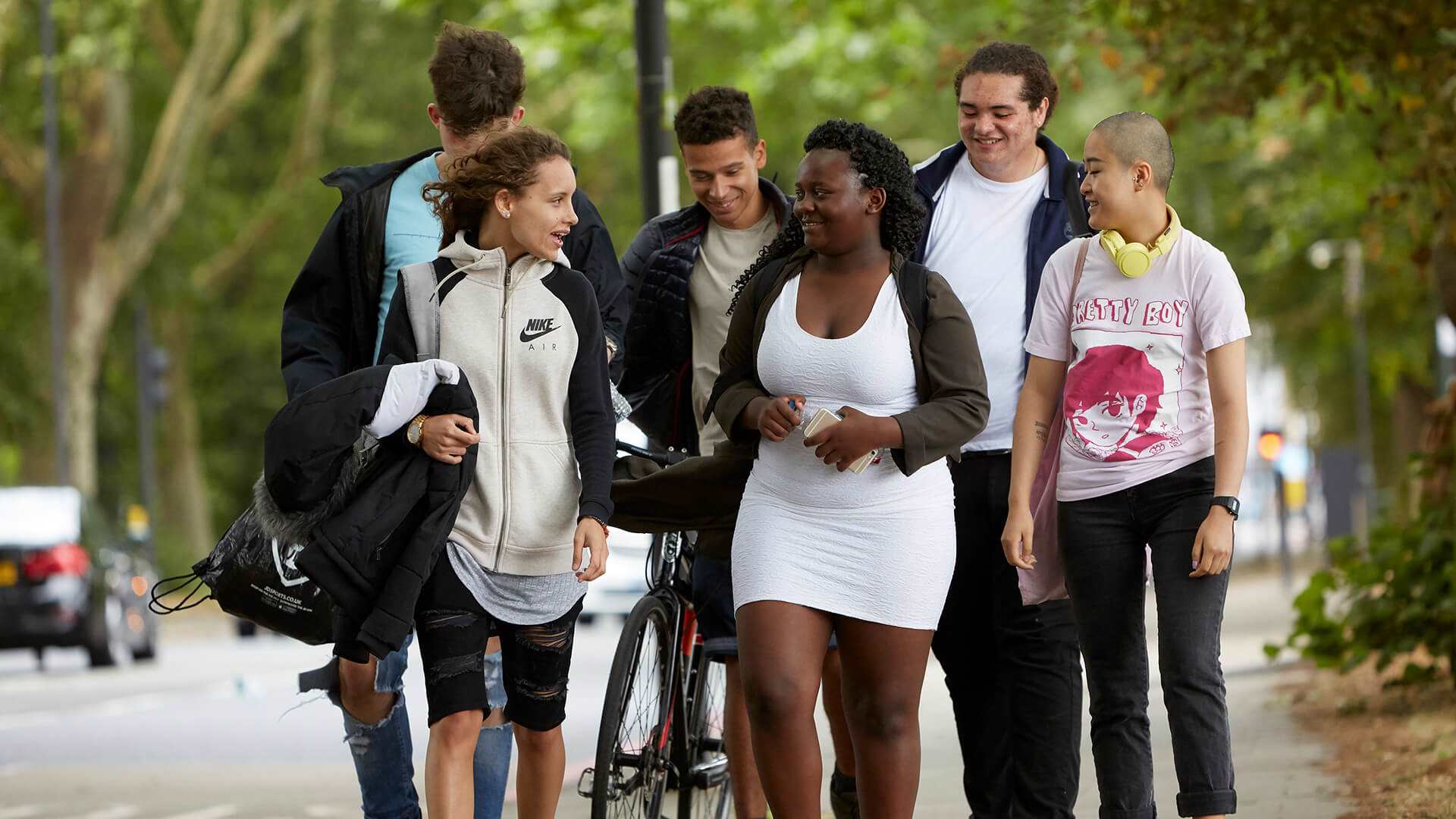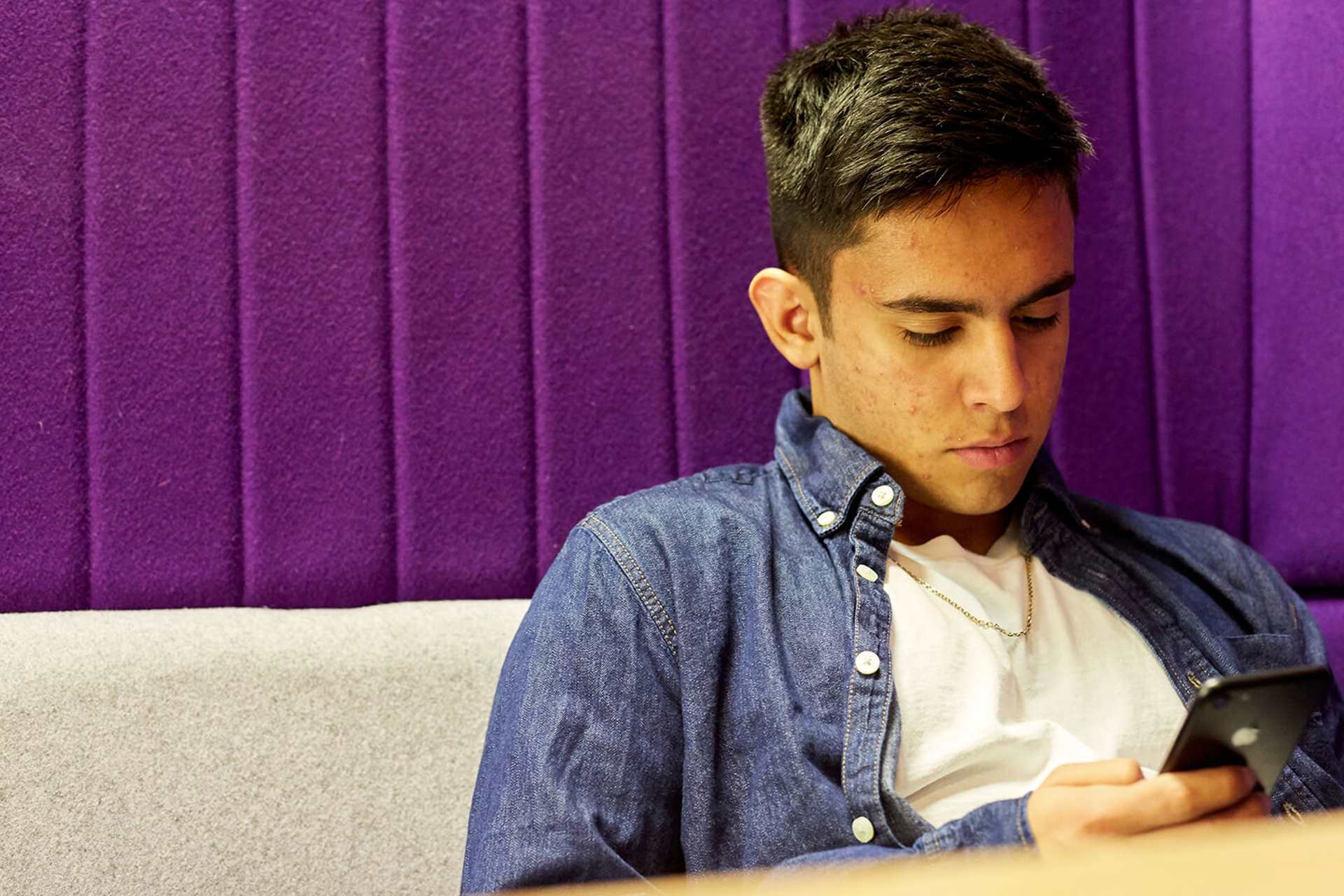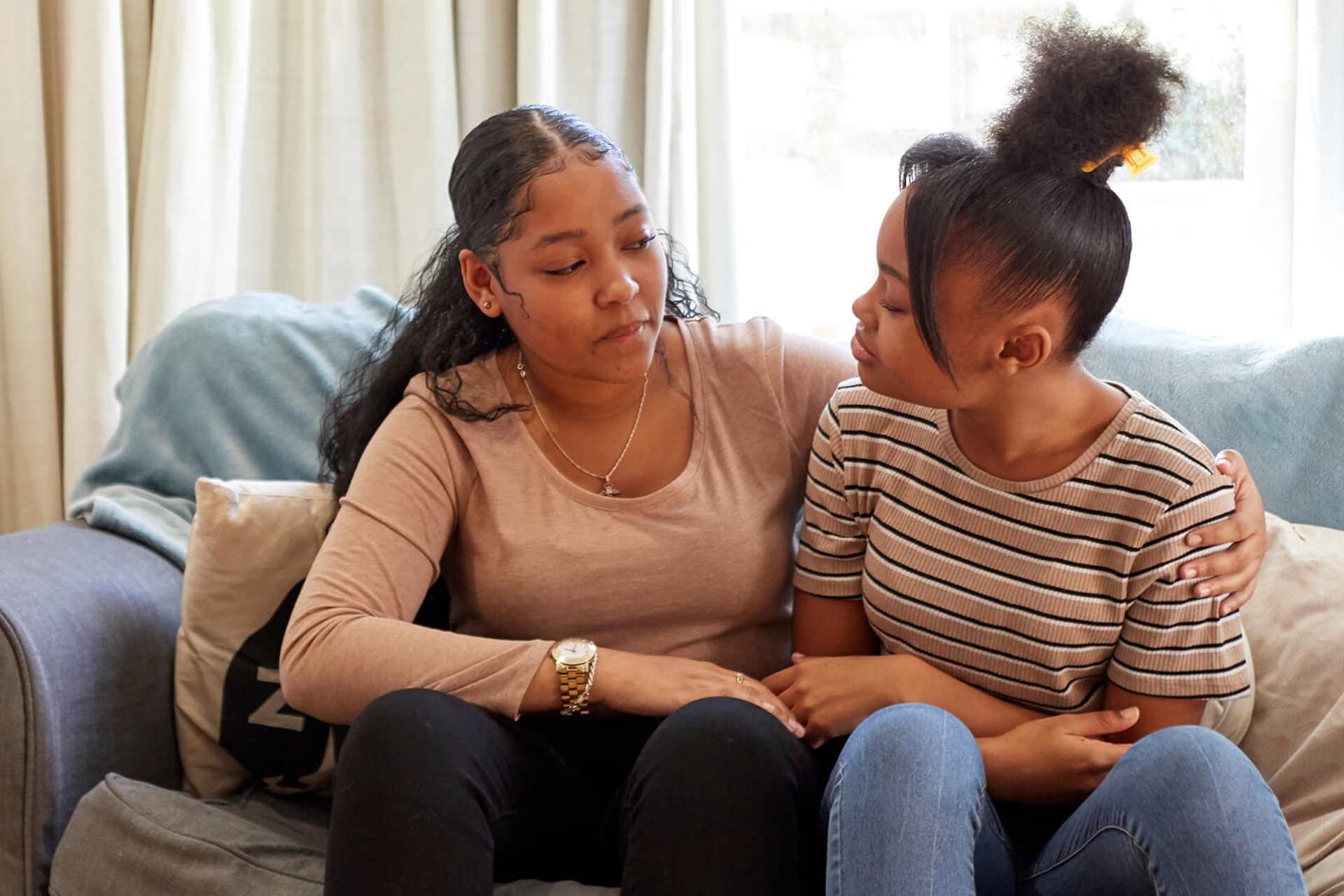Topics mentioned: anxiety, autism, self-care
About: For some people struggling with their mental health, having a faith can be a source of meaning and comfort. Alanna shares how it has helped her.
Hello, my name is Alanna. I have been a Christian for as long as I can remember and over the last few years I have developed anxiety and have had a diagnosis of autistic spectrum disorder (ASD).
My autism makes things quite hard for me as I don’t like busy, loud places, and change can cause quite a few issues. I like to have a plan and stick to it! With my anxiety, I can sometimes find it hard to focus. I also find social interaction to be a struggle.
Church provided a safe sanctuary to get out to and have a sense of purpose in.
You may think that my faith, my anxiety and my autism don’t fit together. However, all three describe who I am: an autistic Christian with a side serving of anxiety.
So, in what ways do these elements of my life conflict and in what ways do they complement one another? I’ve found that my faith has helped me in three ways in particular.
Support and compassion
Sometimes, I struggle to leave the house or I find it really difficult to socialise. This means I can find it difficult at church, as everyone is so welcoming and wants to hug, kiss and speak to you. Or so I thought! What I have actually found in the church I attend is heap loads of love, compassion and understanding. People know to keep their distance!
An activity to focus on
Also, the sort of church I am in is called a Pentecostal church. This means that the services can be a bit loud, slightly spontaneous and may go off the order of service (well, I don’t think we even have an order of service)! However, I have some ear defenders which I wear to cope with the noise. I am also part of a number of teams at church (sign language, media etc.) and so I have a focus.
It is so beneficial to get out the house. Due to the severity of my anxiety, I had to stop going to school (I’m learning from home now instead) and so did not go out much. Church provided a safe sanctuary to get out to and have a sense of purpose in.

Hope when I'm struggling
When I was really struggling, I feel my faith has helped me to not slip too much. There is a story in the Bible of Peter walking on the water to Jesus and that really resonated with me, as it showed me that I may feel like I am sinking but I have something to fix my eyes on - an anchor.
Top tips if you are struggling with your mental health and have a faith
-
Talk to the person who runs your local faith group
This could be the Imam, Pastor, Elder, Priest, Granthi etc. Find out what support they can offer you and whether there are things that they can do to make you feel more comfortable attending gatherings.
-
Implement strategies to help you cope
Some examples include a time-out plan, a safe space or headphones.
-
Get involved
Find a purpose in the setting and something to focus on.
More information and advice
We have tips and advice to help you find the support you need. Take a look at our guides.
Where to get help
However you're feeling, there are people who can help you if you are struggling. Here are some services that can support you.
-
Childline
If you’re under 19 you can confidentially call, chat online or email about any problem big or small.
Sign up for a free Childline locker (real name or email address not needed) to use their free 1-2-1 counsellor chat and email support service.
Can provide a BSL interpreter if you are deaf or hearing-impaired.
Hosts online message boards where you can share your experiences, have fun and get support from other young people in similar situations.
- Opening times:
- 24/7






